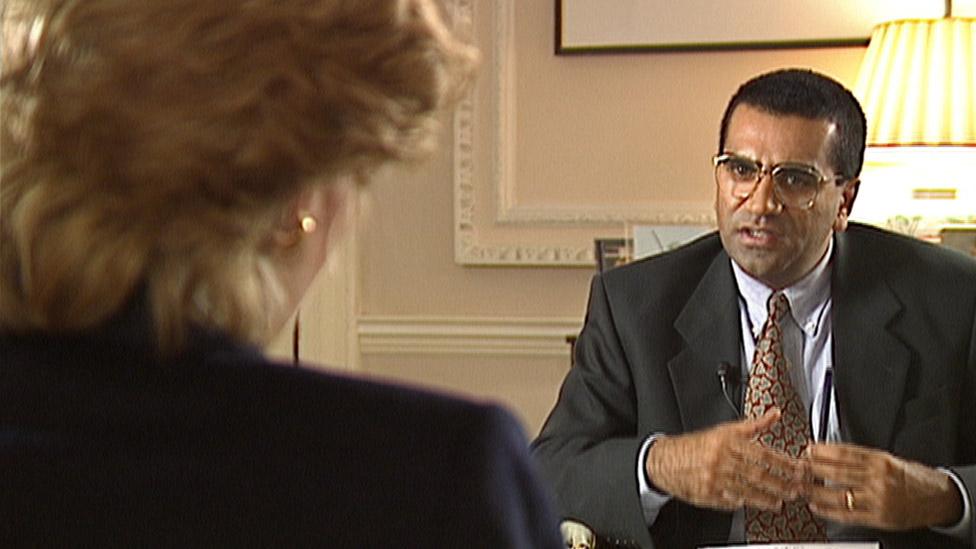Diana Panorama interview: BBC settles with Earl Spencer aide
- Published
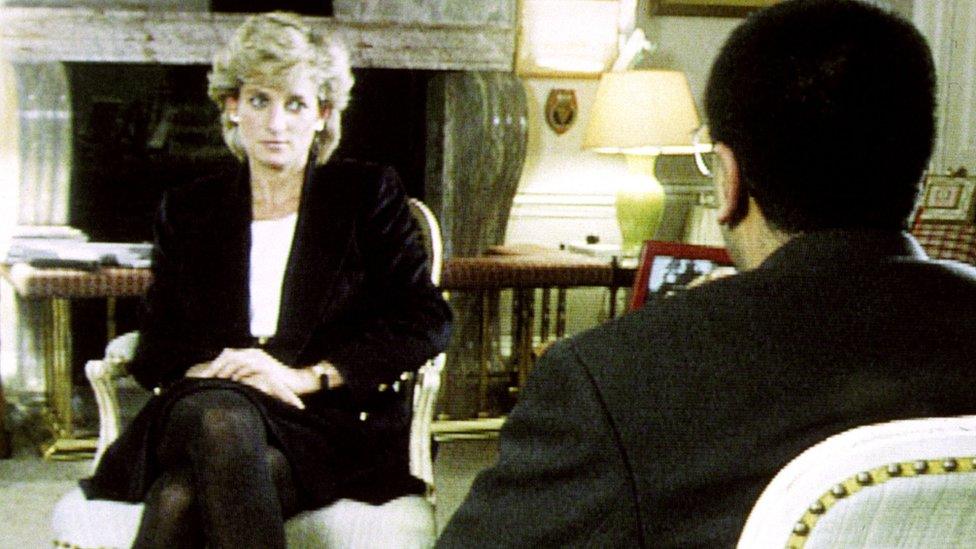
The BBC apologised for the way Martin Bashir's 1995 interview with Princess Diana was obtained
The BBC has reached a settlement with Earl Spencer's former head of security, after his bank statements were forged by Martin Bashir to help secure an interview with Princess Diana.
Alan Waller had claimed false documents were used to win the late princess's trust in an effort to encourage her to be interviewed on Panorama.
A 2021 inquiry led by Lord Dyson found Bashir acted in a "deceitful" way to secure an interview with Princess Diana. The corporation said it had now settled with Mr Waller.
"Following the publication of the Dyson Report last year, the BBC and Alan Waller, a former employee of the brother of Diana, Princess of Wales, today announce that a settlement has been reached between them," the corporation said in a statement published last Thursday.
"The BBC has agreed to pay Mr Waller an agreed sum in damages and to pay his reasonable costs, and apologises to him for the false information included in the fabricated bank statements used to procure the 1995 Interview with Diana, Princess of Wales.
"The BBC hopes that Mr Waller is now able to draw a line under this chapter, and we wish him the best for the future."
Mr Waller was left "deeply distressed" by Bashir's tactics, according to documents filed at the High Court. Mr Waller said his business ventures suffered when his name was linked to the scandal.
Bashir's interview with Princess Diana was broadcast by Panorama in late 1995, when she was separated from Prince Charles but not yet divorced.
More than 20 million people watched the programme. In it, the princess famously said "there were three of us in this marriage", referring to the then Prince of Wales's relationship with Camilla Parker Bowles, whom he later married.
Following the publication of Lord Dyson's report last year, which strongly criticised the corporation, the BBC made an "unconditional apology" over the way the interview had been obtained.
The BBC said the report identified "clear failings" and that while it now has better procedures in place, "those that existed at the time should have prevented the interview being secured in this way".
Related topics
- Published21 May 2021
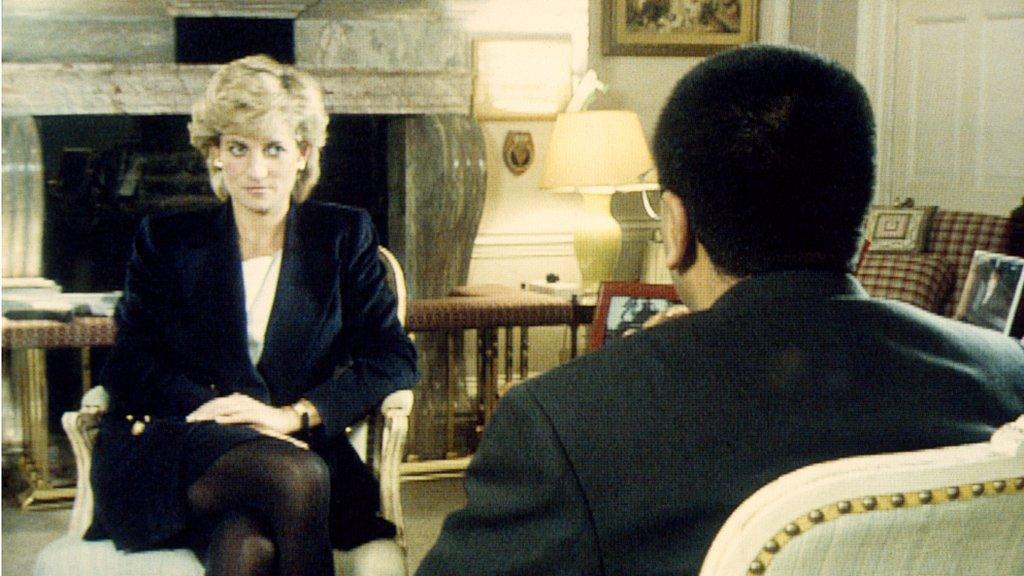
- Published23 May 2021
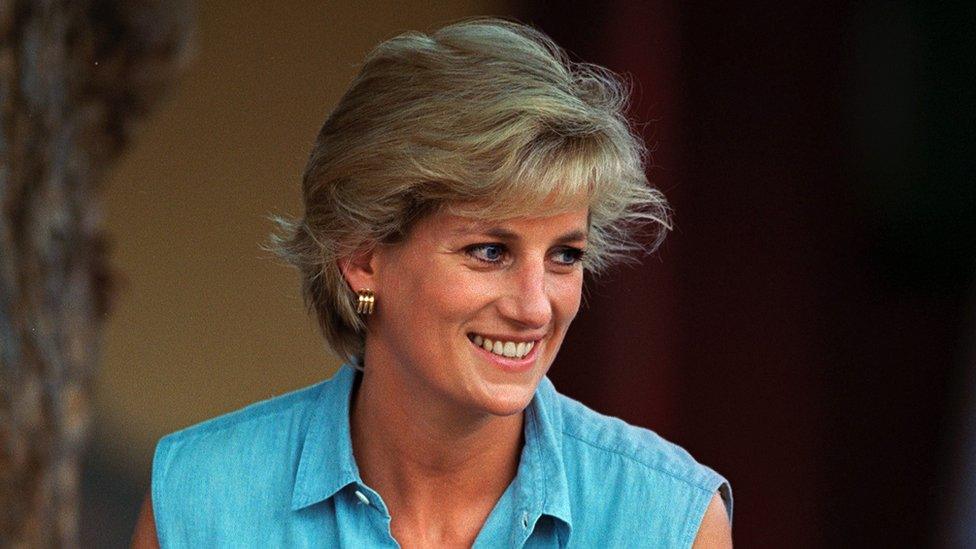
- Published14 June 2021
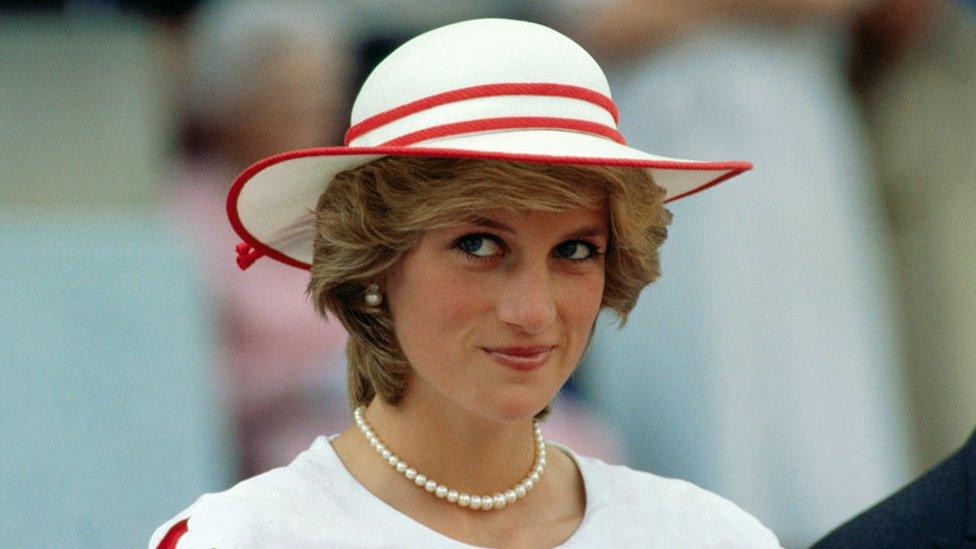
- Published15 November 2021
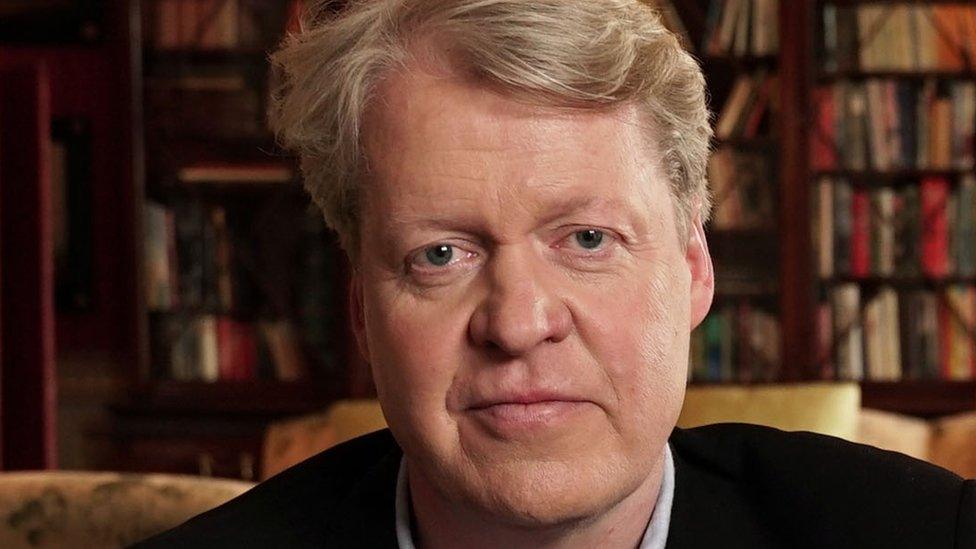
- Published28 June 2022
